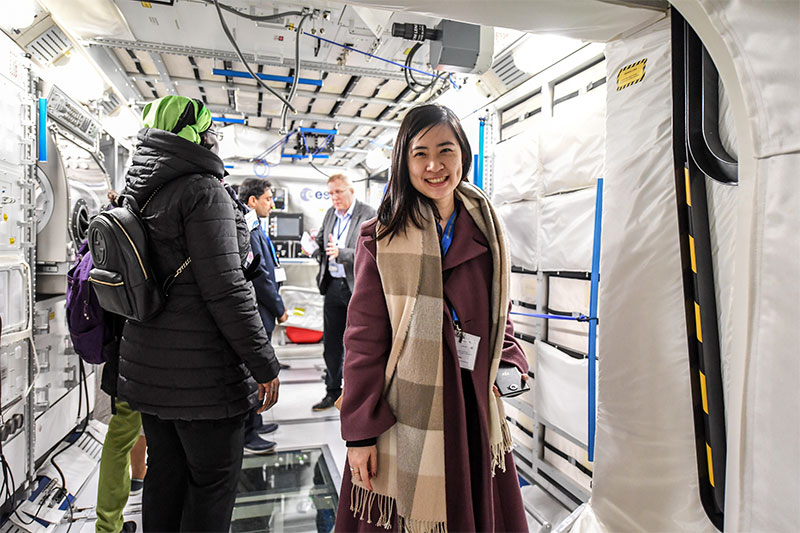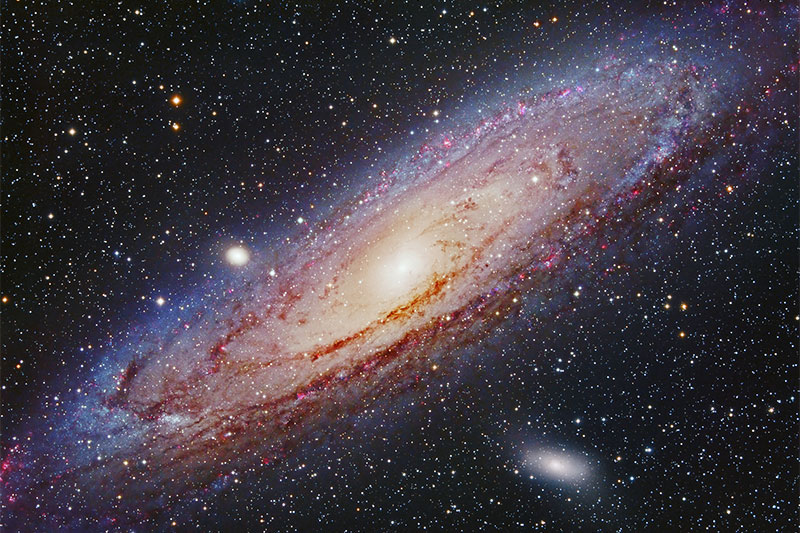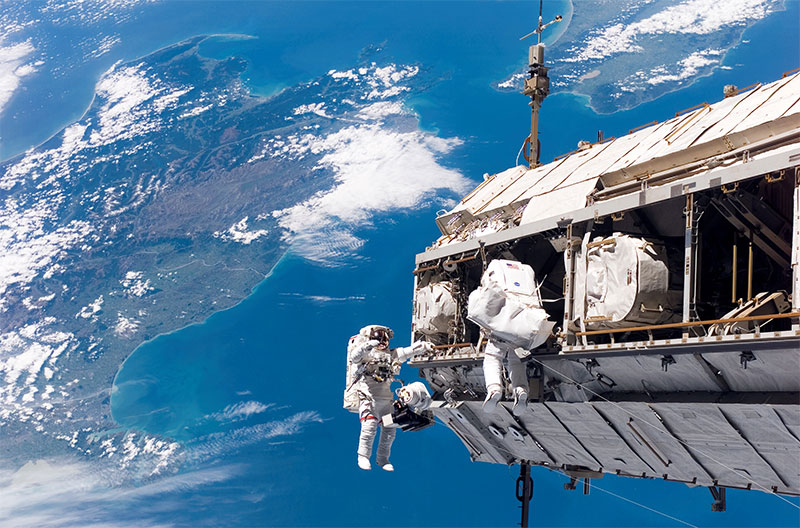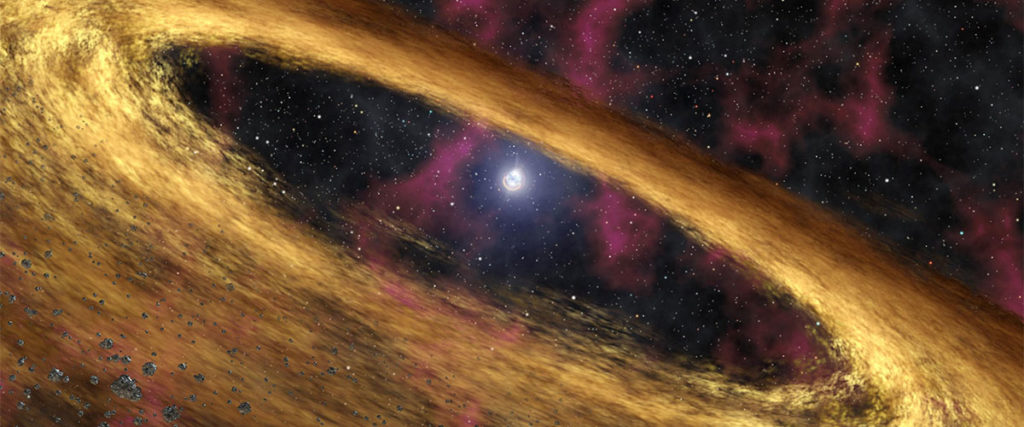An Oxford Research Fellow and specialist in space sustainability and technology governance, Dr Nikita Chiu sat down with Hive Life to explain why cleaning up space should be the next global priority in the 21st century.
Have you even heard of space debris? Made up of hundreds of thousands of pieces of defunct satellites and fragmented artificial objects in the major orbits, with some could be as small as 1 millimetre long, and many traveling up to an alarming speed of 17,500 miles per hour, it is a growing phenomenon – and one that could wipe out many of our space-based capabilities including weather forecast and GPS positioning, according to Dr Nikita Chiu. A Hong Kong native with a PhD from Geneva and masters from the University of Cambridge, she is currently conducting research into this lurking threat at the University of Oxford’s Centre for Technology and Global Affairs and the University of Cambridge’s Centre for the Study of Existential Risk. According to her, this growing collection of space debris could collide at any moment, and in the worst case scenario, create a chain reaction leading to a colossal collision detrimental to major orbits.

Just think what that might look like. If the entire low earth orbit (LEO) was erased, capabilities including earth observation, early warnings for natural disasters, and weather forecast could be severely undermined. While this may seem a distant threat, Nikita is urging us all to address this potentially devastating issue sooner rather than later. Noting the wake-up calls that come once in a while – such as in the summer of 2017, when 6,000 ATMs and e-payment machines in Indonesia went offline after a satellite malfunctioned, or in 2016, when the window of the International Space Station endured a small crack from the impact of one minuscule piece of space debris the size of a fleck of paint – it’s easy to see where she’s coming from. “Fortunately, none of the events have been catastrophic up to this point,” she points out. “Unfortunately, society has a pattern when it comes to scenarios that are perceived to be of low probability, and it often takes catastrophic events for the international community to wake up and start addressing the progressively deteriorating situation.”

“Considering the reiterative nature of policy-formation at the national, and especially at the international level, I do not think it is too early to start talking about space sustainability,” states the International Relations scholar, citing our belated collective response to climate change as proof. “We knew about the impact of climate change since the late 19th century, but it took a lot of time to garner the necessary international commitment to address it.” Factor in the hugely daunting prospect of cleaning up space, and we are faced with a challenge few are prepared to take on. “There is no economically viable way to clean up space debris at the moment,” says Nikita. “There are companies working on pushing the frontier of space debris removal, but just imagine the current cost of cleaning up small debris. It is astronomical. Not only do we need to dedicate more resources to research in this domain, but a sustainable future in outer space would also require global cooperation, as well as a viable business model that encourages the in-orbit extension of a satellite’s lifespan through refuelling or repairing.”

Space debris mitigation is no easy feat, especially when what you are dealing with ranges hugely in size – from less than a millimetre upwards. Determining the risk of collision, or even verifying one, is extremely difficult, even for satellites with a USD 150 million price tag. “When a satellite is not functioning properly, often it is hard to verify with absolute certainty the cause of such defect,” Nikita explains. “We cannot send an inspection team out there to check if it is the direct consequence of collisions with space debris. That is yet another layer making it more difficult to raise awareness of the issues.”
Those issues, however, are only set to get more pressing as more and more satellites are launched into space, thanks to the cost-effective solutions they provide for some of the world’s problems. Take internet connectivity, where large constellations of smaller satellites are now being planned to introduce better coverage, especially in rural areas and developing countries. According to the European Space Agency, there are currently 1,800 fully functioning satellites in space. That puts into context the fact that Broadband startup OneWeb has plans for a new mega-constellation of 900 in LEO orbit, while private American aerospace company SpaceX wants to install 12,000. Reflecting on these new developments, Nikita asserts, “Outer space will witness an explosion of activities in the coming years. We need more coordination, not only between governments but also with actors from the private sector.”
Given the threats that might be posed by an infinitely more crowded outer space environment, and one humming with pieces of space debris, it could be time that we all look upward and join hands in supporting the call for space sustainability.
Interested in learning more about Space Debris?
Click here to find out how Forbes Japan’s startup of the year, Astroscale, is creating a solution for orbital sustainability.
Image 1 ©DLR
Related Articles
Asia’s Trailblazer to Outer Space
One NASA Astronaut’s Unlikely Journey: Mike Massimino on Achieving the Impossible
NASA’s First Australian Astronaut Shares His First-Hand Experiences in Space




